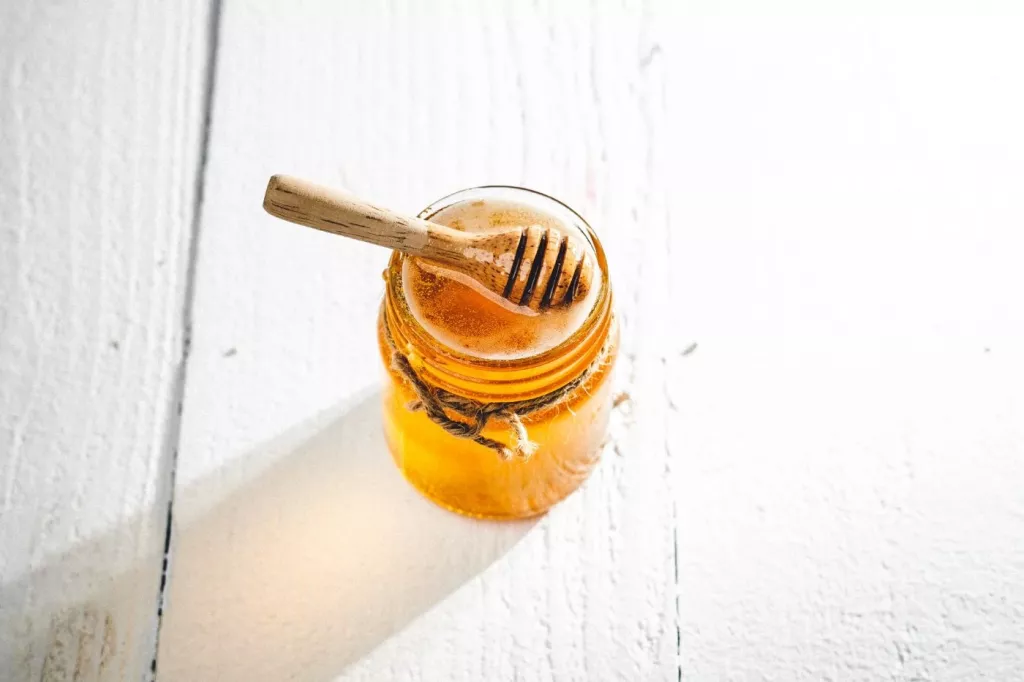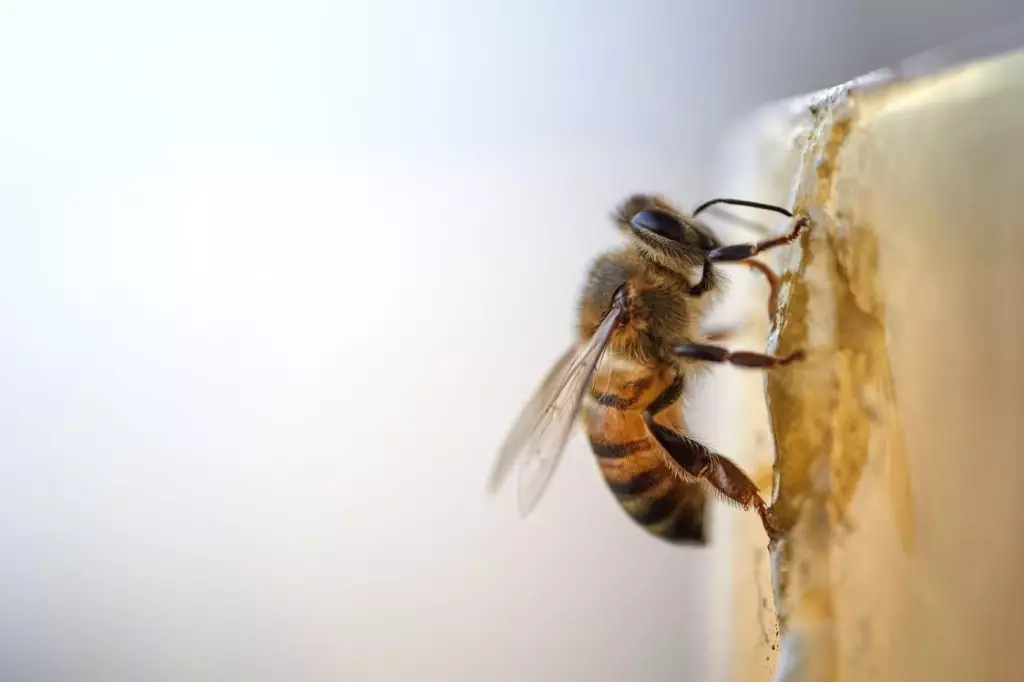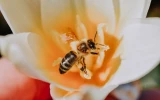Do Bees Make Honey in the Winter & How Much?
Bees make honey from nectar, which can be found in flowers. However, most flowers only bloom in certain seasons, such as spring or summer. So, do bees make honey in the winter?
Bees do not make honey in the winter. They only produce honey during the spring and summer foraging seasons. In the warmer months, they increase their honey and pollen reserves, which are their sources of protein and the carbohydrates they use for energy.
Since they are not making honey in the winter, how do they power through this season? Let’s know more about this below.
Summary
- Bees do not produce honey in the winter. Instead, they use the honey left from the past seasons and their energy to keep themselves warm and survive this cold season.
- To survive the winter, the honey bee colony depends on its food reserves, which include honey, bee bread, and royal jelly.
- The bees stay warm in winter by eating honey and bee bread.

Bees Do Not Make Honey in Winter
In most cases, bees don't produce honey in the winter. Honey, the primary source of nourishment for the overwintering colony, is made by bees from the nectar that flowers have. Wintertime nectar and pollen production by plants prevent honey bees from foraging. Foraging worker bees gather nectar from blooms up to four miles from their colony in warm seasons like spring and summer.
Bees collect pollen and nectar throughout the growing season in order to make honey, which they use to fuel themselves through the winter. Over 100 pounds of honey may be kept in storage by a strong colony. Additionally, foraging bees gather tree resin to patch hive cracks and protect against winter's freezing blasts.
The honey bee colony relies on its food reserves, which include honey, bee bread, and royal jelly, to survive the winter. Consuming honey and bee bread helps the bees stay warm. If the colony runs out of honey, it will freeze to death before spring.
Bumblebees and wasps do not live year-round as honey bees do. So a significant portion of honey bees' spring and summer operations are carried out to ensure the colony survives the upcoming winter.

What Do Honeybees Do During Winter?
The expression "busy as a bee" has much more meaning once you see how diligently these fascinating and helpful insects work to make honey. But how about the days when they do not have many external sources, like nectar, to do so?
So, honey bees rely on the stores they've accumulated to keep themselves satisfied and content when they withdraw to the warmth of the hive around the end of October. By this time, the drone bees' task has been completed, so the queen bee and her beautiful workers can enjoy all the delicious natural flavors they have labored so hard to produce.
But there is enough honey for everyone. Any honey bee stores they accumulate before winter sets in will be exclusively for them to enjoy when the weather turns chilly, since beekeepers don't often harvest honey after the end of summer.
Winter is an essential season for bees and beekeepers, even though they cannot forage or produce honey during this period. Our small companions can work as hard as they can in the busy spring. They pollinate significant crops that offer us some of our favorite meals and keep us satisfied with their honey—all with a bit of sacrifice through conserving energy and staying warm throughout the chilly months.
